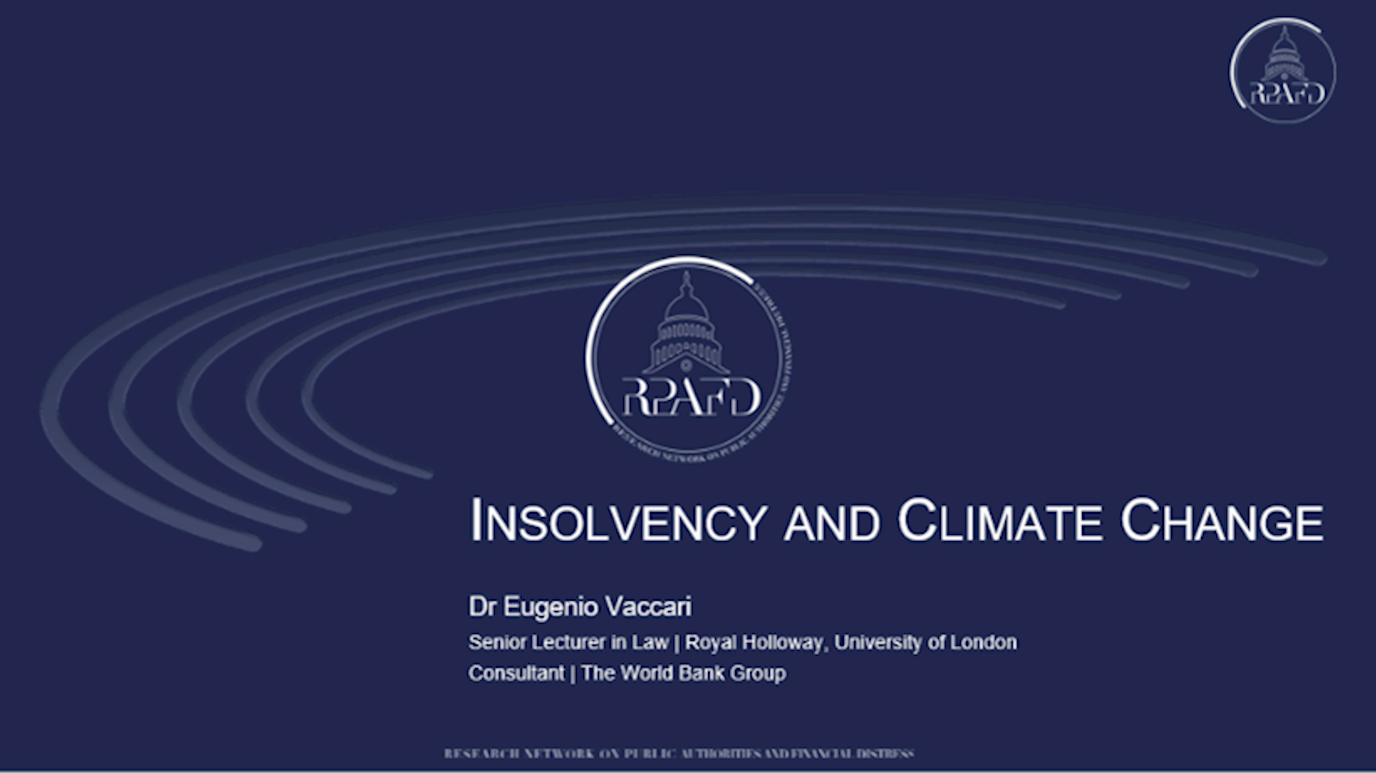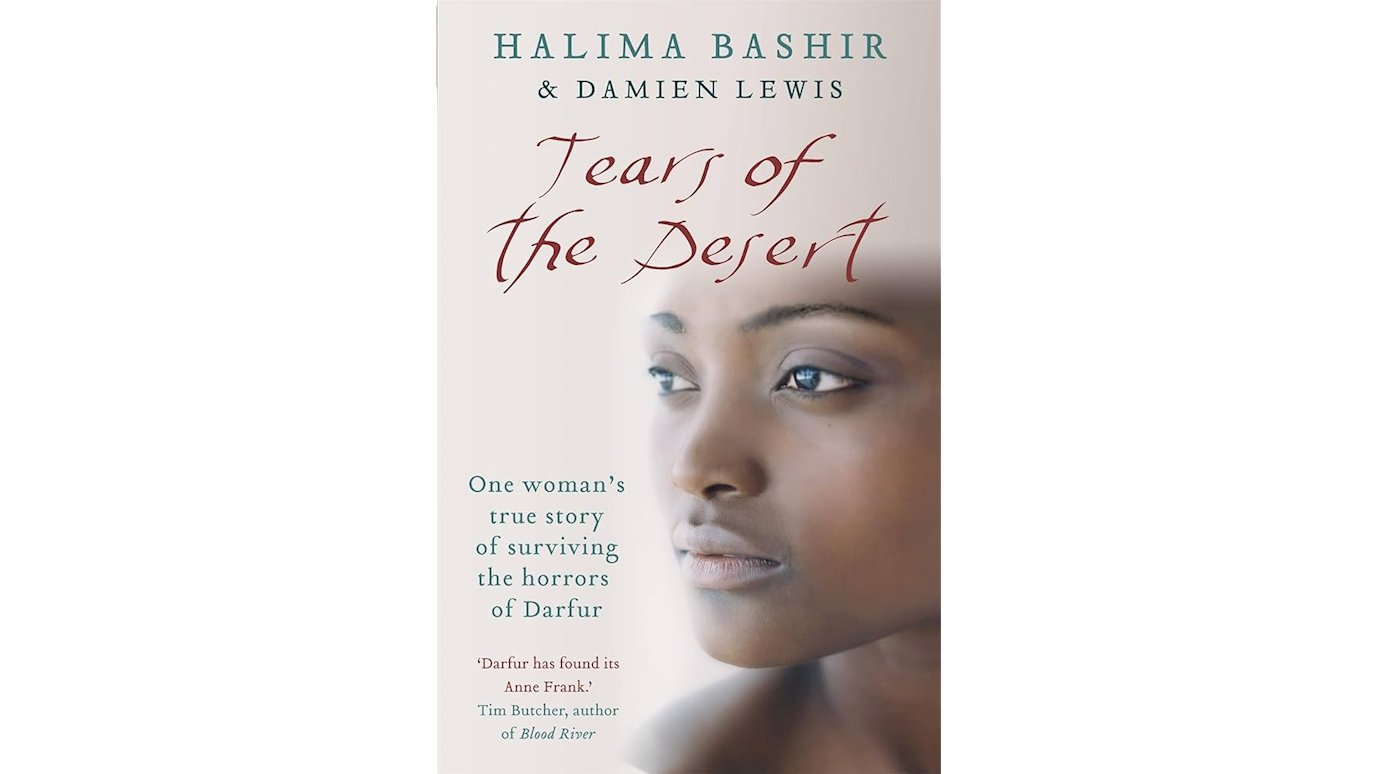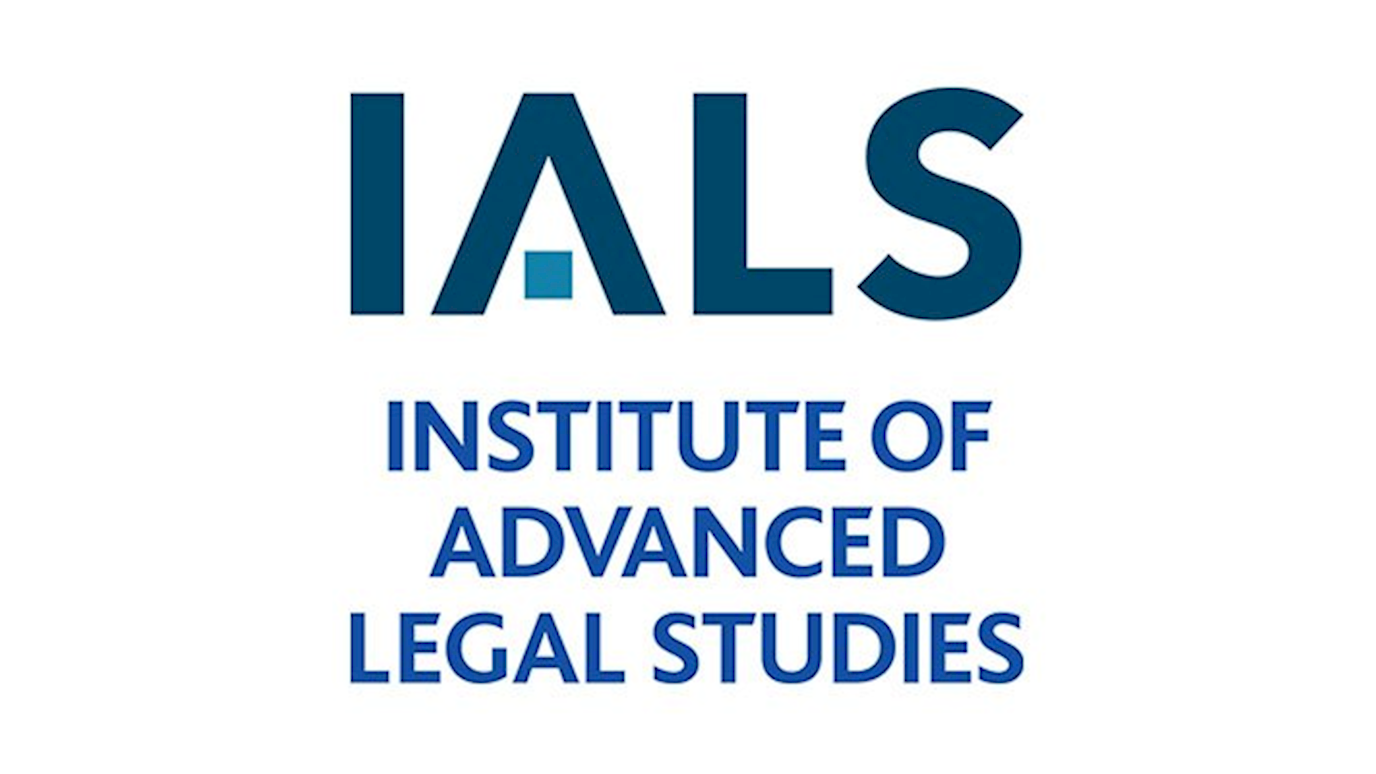Some information on PhD Studentship at the School of Law:
Do comments matter? Moderating public opinion and the splintering of the Fourth Estate
Applications are invited for a three-year PhD studentship to examine the impact of moderation practices on online news comment sections by engaging directly with online news editors, moderators, editorial policies and journalism practices. The Leverhulme Magna Carta Doctoral Centre at Royal Holloway University of London is making this award. The project, due to begin on 1 September 2017 or if preferable 1 January 2017 at the latest, will be supervised by Dr Rikke Bjerg Jensen, School of Law (from September 2017, Information Security Group); Professor David Denney, School of Law; and Professor Chris Watkins, Department of Computer Science
The Studentship
In recent years, a growing number of mainstream news organisations, including CNN, The Verge, NPR, Reuters and Popular Science, have closed the comment sections on their websites due to a rise in harassment and aggression in online debates and a decline in resources; making the moderation of news commentary a critical function of the online journalism environment. The opening up of debate around online news was initially seen as a way of creating a lively and engaging forum for public discussion, strengthening democratic discourse, and establishing audience loyalty. Using this as a starting point, the PhD project will explore the editorial questions arising within newsrooms about how to manage online comment sections and how to develop effective strategies to ensure greater and more fruitful public participation, whilst acknowledging the potential legal, ethical and financial ramifications embedded within these processes. The project will be driven by three central questions: (1) How do newsrooms approach and manage online comment sections; including editorial policy and ethical codes? (2) What do moderators do, and how do they reflect on their own role? (3) How do moderation practices impact upon online interaction and participation, and the act of commenting?
Methodologically, the research will be primarily qualitative, combining semi‐structured interviews with online news editors, moderators and journalists; place-based ethnography within a newsroom and engaging in moderation practices; and content analysis of comment section debates. Whilst the student will carry out research driven by social science approaches, a willingness to engage with the more technical questions relating to the moderation of online comment sections would be an advantage.
The Institutional Setting
In 2015, Royal Holloway University of London was awarded over £1 million from the Leverhulme Doctoral Training Studentships scheme to create the Magna Carta Doctoral Centre, supporting interdisciplinary PhD research on the theme of Freedom and the Rights of the Individual in the Digital Age. The Centre has funded circa 10 Leverhulme Trust Doctoral Scholar awards per year, since 2015. The studentship holder will be expected to support the collective ethos of the Centre, including being prepared to contribute to seminars, write for public audiences and participate in the academic life of the Centre.
The student will be supervised across the Information Security Group (ISG), the School of Law and Computer Science. As a world-leading interdisciplinary research group dedicated to research and education in information and cyber security, the ISG provides a stimulating and supportive research environment. The School of Law is a newer research community within the college with expertise in law, sociology and criminology. Within the School and beyond, the student will be able to draw on the expertise of colleagues working with social media and digital practices. In Computer Science, the student will be able to engage with researchers looking at the technical aspects of online news forums and participatory media. There are opportunities to participate in seminars, workshops and training activities throughout the college and the University of London (further details can be accessed from here). Royal Holloway University of London has its main campus in Egham, Surrey and a central London base in the Bloomsbury area.

How to Apply
Applicants should have a good (at least 2:1) undergraduate degree in a relevant discipline such as Media and Communications or another social science subject, and have completed or be undertaking a Masters level degree that includes advanced social science research training. Leverhulme Magna Carta awards are for a full-time studentship, with an annual stipend of £16,553 and an HEU fee waiver. Limited support may be available to support students in research training activities.
Applicants should: (i) provide a maximum two-page curriculum vitae, including the name of an academic referee; (ii) append transcripts of degree marks, as appropriate; (iii) submit a maximum two-page letter outlining your qualifications for, and interest in, the studentship; and (iv) arrange for your reference to be sent to Dr Rikke Bjerg Jensen via email to rikke.jensen@rhul.ac.uk. These materials should arrive no later than 5.00pm Wednesday 26th July 2017. Interviews for shortlisted applicants are likely to be held on Wednesday 2nd August 2017.
For enquiries about the studentship, please contact Rikke Bjerg Jensen.
























